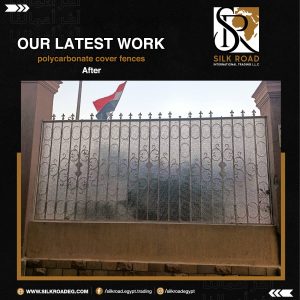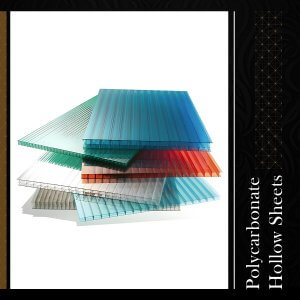
Polycarbonate sheets
Polycarbonate sheets are a type of durable, transparent plastic used in a wide range of applications due to their excellent impact resistance, lightweight properties, and optical clarity.
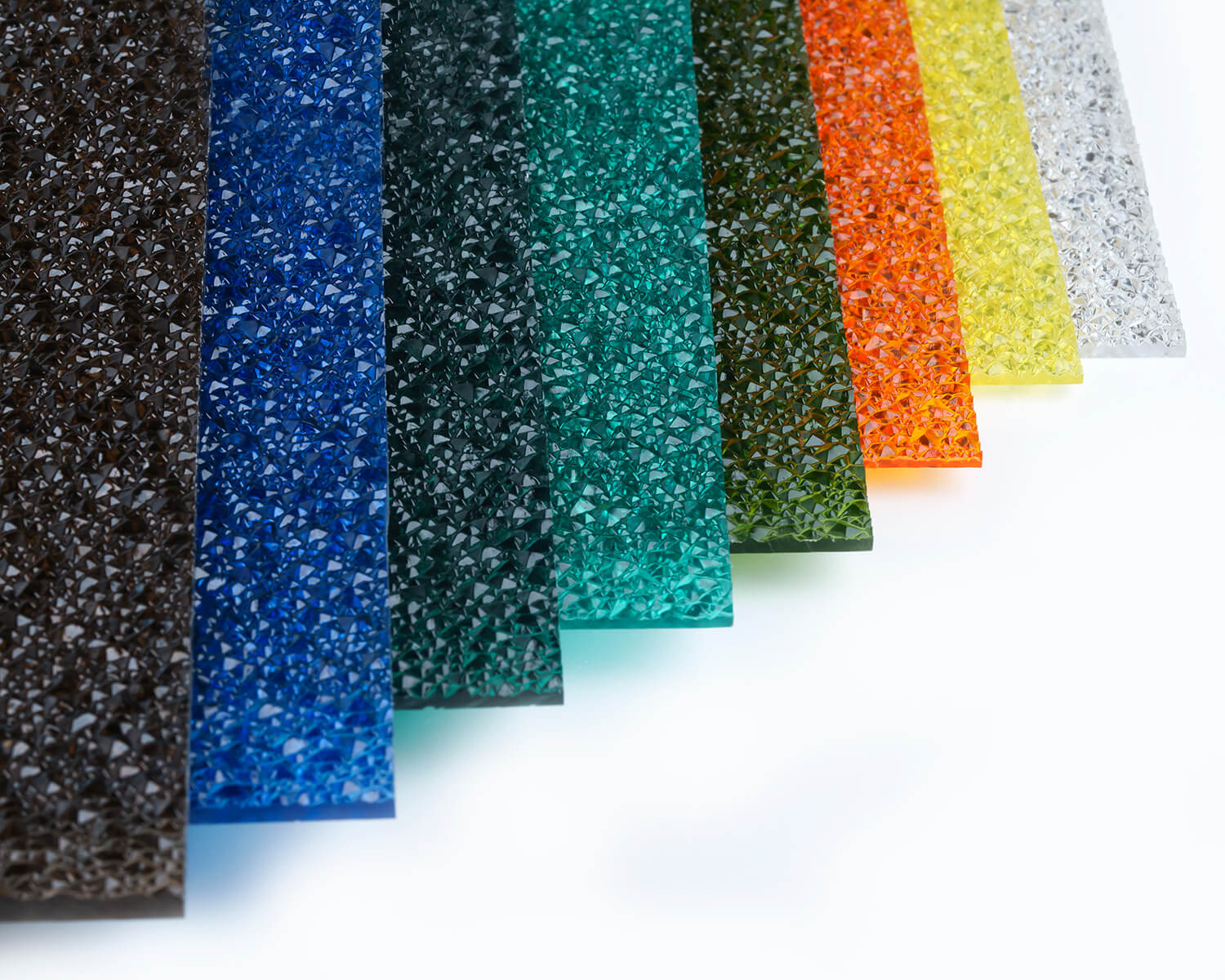
Key Features:
High Impact Resistance: 250x stronger than glass, often used as a safer alternative.
Lightweight: Easier to handle and install than glass.
UV Protection: Available with UV coating to resist yellowing and degradation.
Weather Resistance: Suitable for both indoor and outdoor applications.
Thermal Insulation: Especially in multiwall polycarbonate sheets.
Flame Retardant: Often meets fire safety standards.
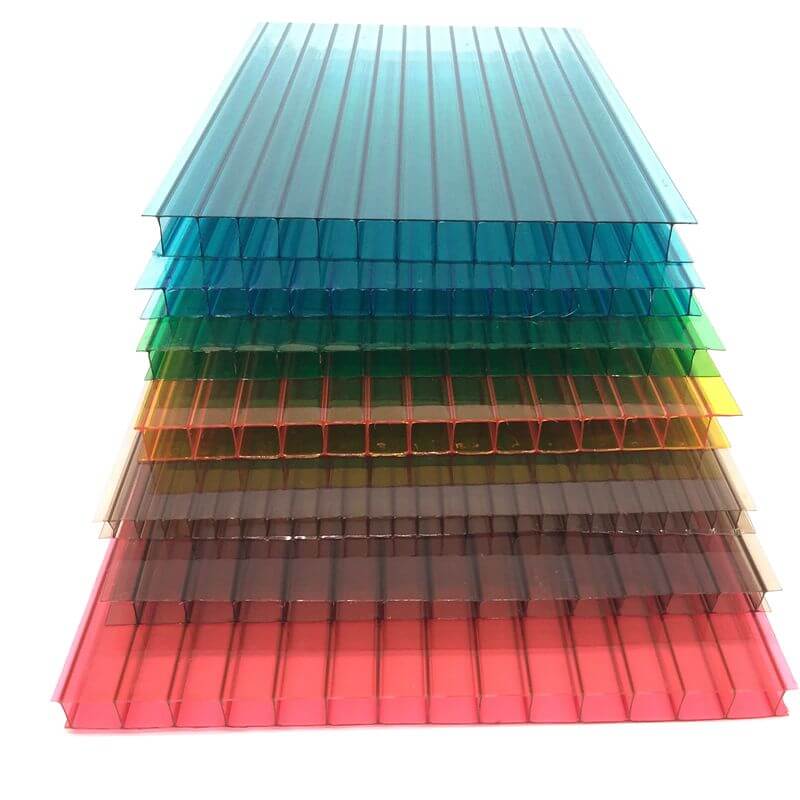
Common Types:
Solid Polycarbonate Sheets
Clear like glass, used for windows, safety glazing, machine guards.
Multiwall Polycarbonate Sheets
Hollow structure for better insulation; ideal for roofing, greenhouses.
Corrugated Polycarbonate Sheets
Wavy profile, commonly used for roofing and siding.
Textured or Embossed Sheets
Frosted or patterned surface for privacy or decorative applications.
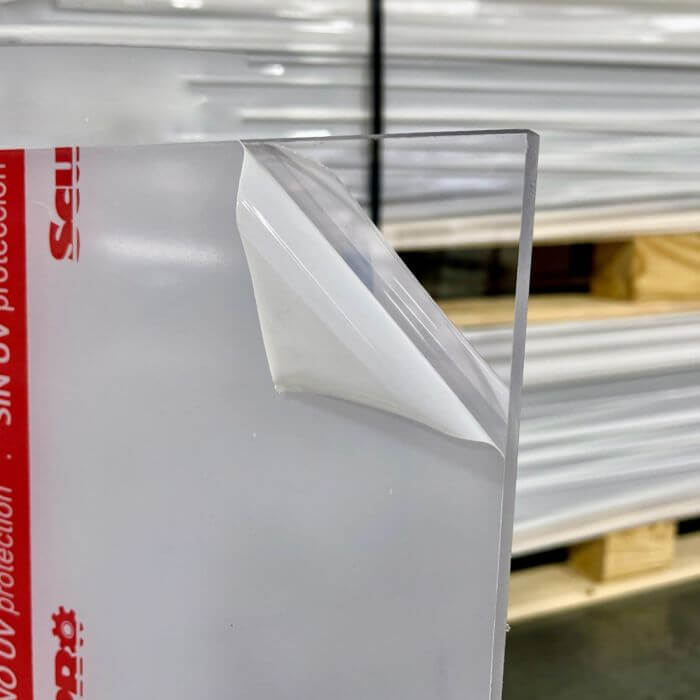
Typical Applications:
Skylights and roofing panels
Greenhouses and nurseries
Safety glazing and machine guards
Signage and light diffusers
Carports and bus shelters
Interior design and partitions
Get in touch
- Factory Address: The first industrial zone, El Herafeyeen A, plot 64, Badr City
- Showroom Location : Mirage Mall , First Floor
- Phone: 01067011170
- Phone: 02 25725274
- Mail: [email protected]
Contact Us
Error: Contact form not found.
Easy to Install
easily cut, engraved, written on, bent, and installed .
UV coated
Treated to resist sun, heat, and weather conditions.
100% Strong & Durable
Offers excellent transparency and brightness
Privacy
Does not absorb water or get damaged easily


